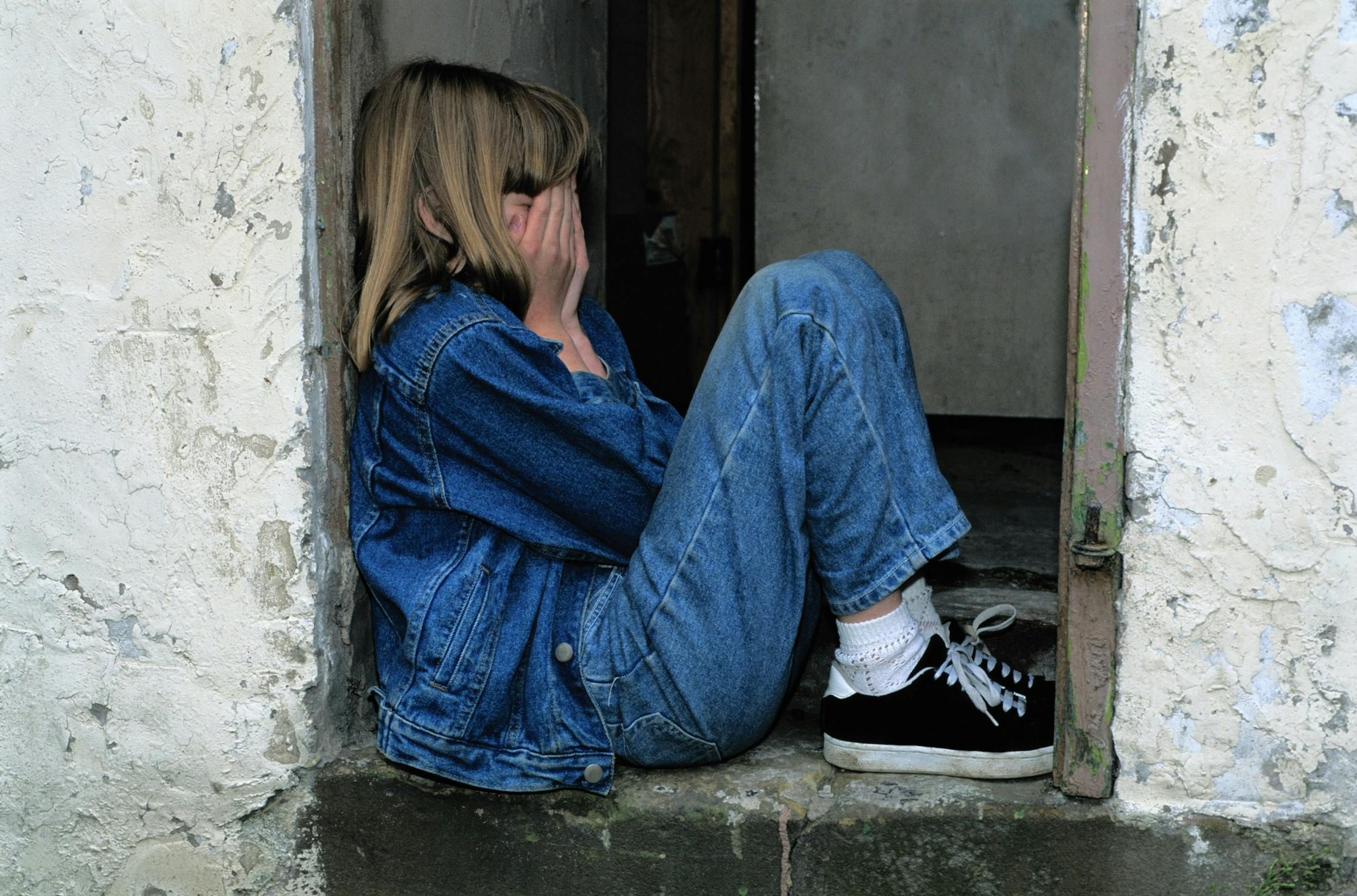When Grief and Anger Live in the Same Room
It’s ok for you to admit that anger and grief are real and it’s a part of you.
Jessica is the youngest of three children. Her childhood was filled with the sounds of yelling, shattering plates, and slamming doors. Chaos was the norm. She never saw what a stable relationship between two adults looked like.

She was never allowed to be angry. Expressing anything negative toward one of her parents felt wildly unsafe. If she voiced a complaint, she was met with terrifying rage. In her home, children were expected to be agreeable, compliant, and silent. Jessica learned that lesson early.
So she adapted. She became the girl who was never upset, always positive, always understanding. She explained every violent outburst and every missed pickup from school away with empathy. They’re just stressed. They’re tired. I probably forgot to remind them I needed a ride. She bent over backwards to justify their behavior and silence any emotion that might cast them in a negative light. Until one day, she couldn’t do it anymore.
As she grew older, the cracks in the foundation of her relationship with her parents began to show. No longer dependent on them for food, shelter, or money, it became harder to excuse their behavior. The question surfaced: What was she getting from this relationship? All she could see was the violence, the emotional toll, the exhaustion.
She had panic attacks whenever she was around one of them. She’d avoid them for weeks, only to be pulled back by a crushing sense of guilt. They hurt her constantly, but admitting that truth felt unbearable. Because once she acknowledged the impact, she would have to confront a devastating reality: that a lifetime of witnessing abuse, suppressing her emotions, and excusing their actions in the name of empathy was slowly destroying her.
When you’ve never been allowed to feel anger in your life, it feels terrifying.
Anger that has been suppressed for decades will feel like it’s going to swallow you whole when you finally allow yourself to feel it. Anger that is directed at someone who was supposed to love you and protect you is an entirely different beast.
“Many survivors struggle to believe the abuse happened. They don’t want to believe it. It’s too painful to think about. They don’t want to accuse family members or face the terrible loss involved in realizing “a loved one” hurt them; they don’t want to rock the boat.”
― Laura Davis, Allies in Healing: When the Person You Love Was Sexually Abused as a Child
When children are given a choice between remaining attached to their abusive parents and abandonment, they will choose their abusive parents every time. There is extensive evidence to support this claim. As Lisa Ferentz writes in her book, “When faced with choosing between attributing their pain to 'being crazy' and having had abusive parents, clients will choose 'crazy' most of the time.”
Rosenna Bakari eloquently explains what Jessica has been doing for decades: “Dysfunctional environments require endurance and thick skin. Child survivors sometimes have to commit to sticking things out in order to survive. This pattern of tolerance follows you into adulthood. Instead of using pain as a signal to evaluate and change direction, you may use pain as a signal to try harder. “ Jessica tried harder to push down every negative feeling, warning sign, and alarm bell that wouldn’t stop ringing inside her body until she could no longer ignore it. She had to finally admit that her anger was real, and it was covering up her lifelong grief that her parents would never be who she needed them to be.
No One Wants To Admit It
It’s painful to admit that your parents couldn’t love you the way that you deserved. It’s so painful that you’ll continue to try to find reasons within yourself to explain why you’re unlovable. Because it couldn’t be their fault, it has to be something you did. They always told you that some kids were rotten to the core and born that way. Maybe they were right?
They were so unbelievably wrong. No child is born evil. All children are good. And it was your parents’ job to learn how to become the parent you needed. It was not your job to become a good child for them. I know you don’t want to admit that anger is covering up a deep grief that your parent didn’t give you what you needed, and now that lack is spilling out all over your life. It’s showing up in the way you speak to yourself, how you behave at work, in your friendships, and in who you partner with. Everywhere you look, you see the anger you could never direct at them, out of fear that it would multiply and be turned back on you.
It’s ok for you to admit that anger and grief are real and it’s a part of you. Anger is a normal and expected response to mistreatment. You must admit it’s there if you want to work through it. Acknowledging that anger is how you access the grief. And grieving is how you move forward.